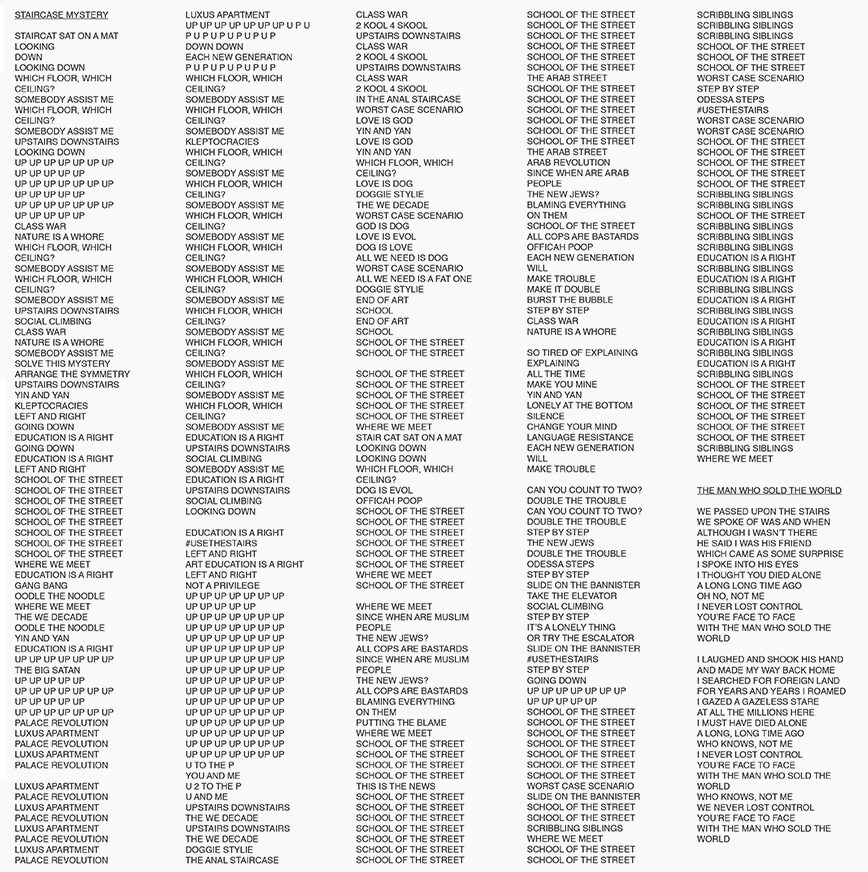The collected run of the groundbreaking and iconoclastic zine.
From 1977 to 1979, Search & Destroy chronicled the birth of San Francisco's punk scene with an intensity and vision that transformed music journalism. Now, for the first time, every issue of this seminal publication has been collected and meticulously restored in one definitive volume.
Launched with a $100 loan from Allen Ginsberg and Lawrence Ferlinghetti, Search & Destroy was the nerve center of West Coast punk culture. V. Vale and his motley cast of contributors struck a new form of guerrilla journalism with an aesthetic and attitude that was as raw and uncompromising as the music itself.
Search & Destroy: The Complete Archive captures the texture and tension of a scene in flux through stark photography, radical design, and unfiltered interviews with legends such as William S. Burroughs, Throbbing Gristle, the Dead Kennedys, Suicide, and Negative Trend. This collected edition also features retrospective writing on the legacy of Search & Destroy, its influence on design and culture, and V. Vale's work as a publisher, researcher, and archivist.
V. Vale is an American editor, writer, interviewer, musician and SF Bay legend. He is the publisher and primary contributor to books and magazines published by his company, RE/Search Publications.
Cecily Chen is a writer and translator from Beijing, China. She is currently completing her PhD in English at the University of Chicago, where she writes about the “minor archive” of Asian American experimentalism, Marxist aesthetics, and gender and sexuality. You can find her writing at The Poetry Project, Entropy, and the tiny. She also edits poetry for Chicago Review.
Mitch Anzuoni is the founding editor of Inpatient Press and its translation imprint, Mercurial Editions. His writing has appeared in Harper's and Rhizome.






